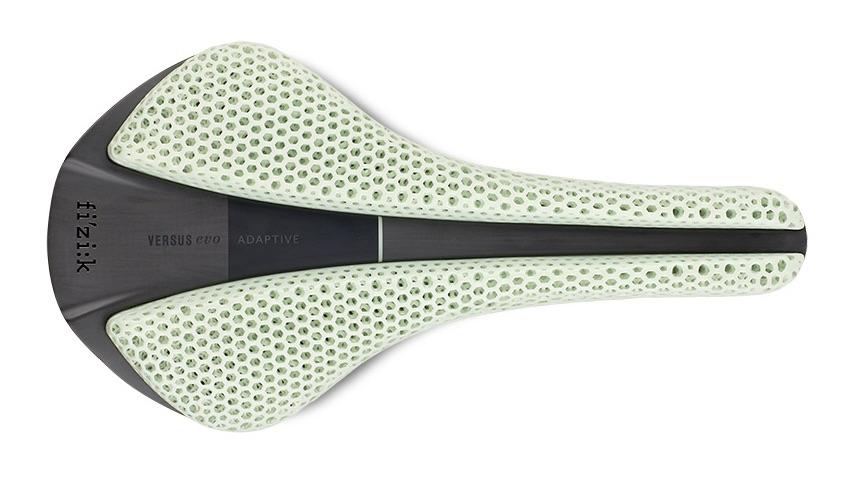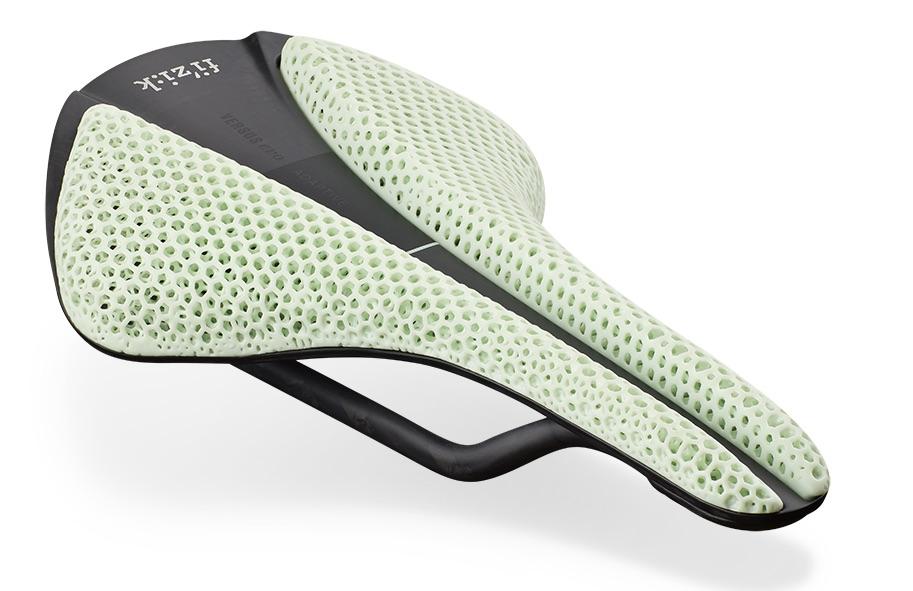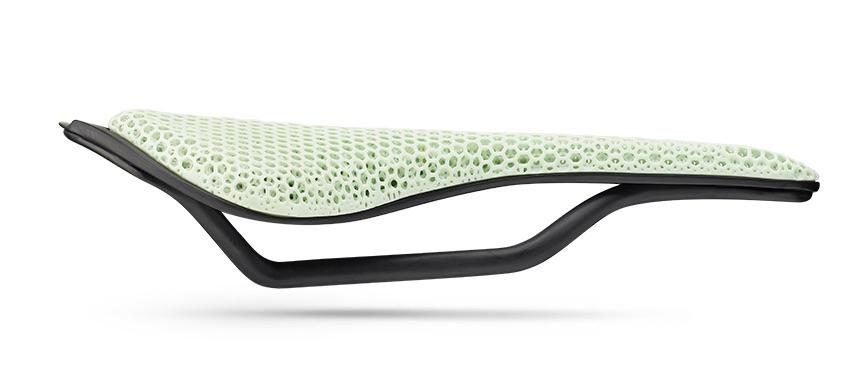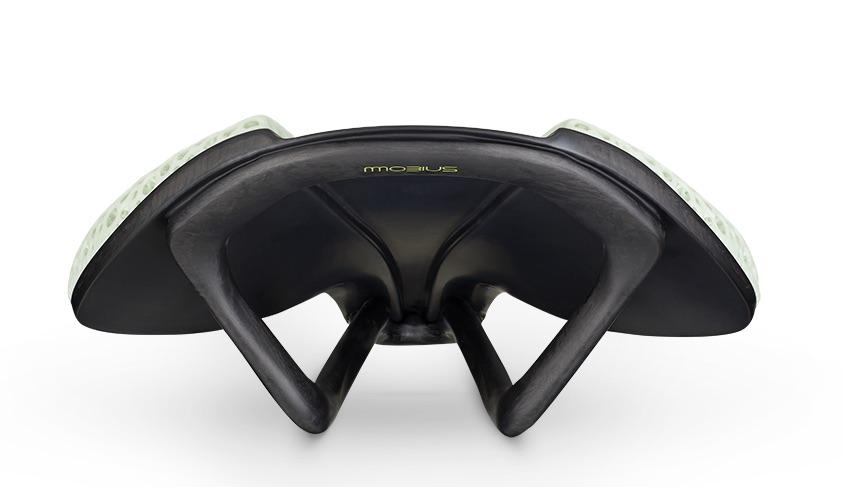- News
- Reviews
- Bikes
- Accessories
- Accessories - misc
- Computer mounts
- Bags
- Bar ends
- Bike bags & cases
- Bottle cages
- Bottles
- Cameras
- Car racks
- Child seats
- Computers
- Glasses
- GPS units
- Helmets
- Lights - front
- Lights - rear
- Lights - sets
- Locks
- Mirrors
- Mudguards
- Racks
- Pumps & CO2 inflators
- Puncture kits
- Reflectives
- Smart watches
- Stands and racks
- Trailers
- Clothing
- Components
- Bar tape & grips
- Bottom brackets
- Brake & gear cables
- Brake & STI levers
- Brake pads & spares
- Brakes
- Cassettes & freewheels
- Chains
- Chainsets & chainrings
- Derailleurs - front
- Derailleurs - rear
- Forks
- Gear levers & shifters
- Groupsets
- Handlebars & extensions
- Headsets
- Hubs
- Inner tubes
- Pedals
- Quick releases & skewers
- Saddles
- Seatposts
- Stems
- Wheels
- Tyres
- Health, fitness and nutrition
- Tools and workshop
- Miscellaneous
- Tubeless valves
- Buyers Guides
- Features
- Forum
- Recommends
- Podcast
TECH NEWS
 ANTARES-VERSUS-EVO-00-adaptive-regular_top
ANTARES-VERSUS-EVO-00-adaptive-regular_topFizik’s 3D printed saddle is now available for £370
If you've been waiting for this wonder saddle, it's now available. Fizik first showed its new Adaptive saddles developed using cutting-edge 3D printing technology at Eurobike last September, and now the Antares Versus Evo 00 Adaptive is available to purchase form your nearest Fizik stockist.
You’ll be prised of 370 of your hard-earned pounds but you are getting a saddle that has few rivals - the nearest competitor is the Specialized Power saddle but there’s no date on when that is available yet. So if you want a 3D printed saddle and you want it now, this is your only option.
15 of the Best high performance saddles
And before you go ranting to the comments saying you could buy a car for that, Fizik will happily sell you a regular Antares 00 Versus Evo saddle made the traditional way for £325. So actually, to get a state-of-the-art 3D printed saddle for ‘just’ another £50 doesn’t seem too outrageous. They could have probably priced it a lot higher if they really wanted to cause a social media storm. Like Mavic did with its £900 shoes.
Anyway back to what makes this saddle so unique. To create the revolutionary saddle Fizik has partnered with a US company called Carbon which is leading the way when it comes to commercially available 3D printing technology. Its Carbon Digital Light Synthesis process, used to create the Antares saddle, uses a “digital ultraviolet light projection, oxygen-permeable optics, and programmable liquid resins to produce parts with excellent mechanical properties, resolution and surface finish.”
It basically amounts to 3D printing a special polymer material to replace the usual foam padding used in saddles. The benefit is that the printing process provides the opportunity to do things you can’t with current foam technology constraints.
The lattice structure that is created is added to a carbon fibre base with, in this example, carbon fibre rails. Fizik is claiming it provides improved power transfer, shock absorption, stability and comfort as a result of this technology.
Fizik describes the new saddle as having four ‘zones’ that work together to provide improved comfort over regular saddles.
The nose supports the rider in an aero position, the middle provides support when pedalling on the hoods, the Ischiatic zone props up the site bones and the rear is softly cushioned for more backward positions.
Other benefits to a company like Fizik is the faster manufacturing process, a claimed five times quicker than traditional methods. That’s ideal for prototype testing because you can work through different iterations more quickly, streamlining the process from concept to finished product. Fizik has been testing the saddle with amateur and professional athletes in its lab and on the road to arrive at the finished product.
Worried about how easy to look after it’ll be? Fizik says that it’s very easy to clean and just a water hose is all that’s need to keep it looking new. It’s rated for severe temperatures from -20 to +70℃ as well as UV protection it has been abrasion resistance tested.
Expect to see riders from Team Ineos, Team Jumbo Visma and Movistar Team using the new saddle this season. It’ll certainly be easy to spot due to its colour.
There are two width options. They are:
139mm
- Dimensions: 274x139mm
- Weight: 147g
- Height at 75mm width: 54mm
- Length from nose to 75mm width: 151mm
146mm
- Dimensions: 274x146mm
- Weight: 154g
- Height at 75mm width: 54mm
- Length from nose to 75mm width: 151mm
More info at www.fizik.com
David worked on the road.cc tech team from 2012-2020. Previously he was editor of Bikemagic.com and before that staff writer at RCUK. He's a seasoned cyclist of all disciplines, from road to mountain biking, touring to cyclo-cross, he only wishes he had time to ride them all. He's mildly competitive, though he'll never admit it, and is a frequent road racer but is too lazy to do really well. He currently resides in the Cotswolds, and you can now find him over on his own YouTube channel David Arthur - Just Ride Bikes.
Latest Comments
- chrisonabike 45 min 3 sec ago
Of course our courts a) enshrine "innocent until proven guilty" and b) judge each charge on its merits (broadly) in isolation, with "previous" only...
- SimoninSpalding 50 min 41 sec ago
I particularly like this from the description:...
- chrisonabike 54 min 54 sec ago
You'd need a trandem at least, like the Goodies...
- bensynnock 1 hour 12 min ago
That all seems a bit reasonable. Don't you know there's a culture war on !?!?
- David9694 1 hour 14 min ago
My 1984 Raleigh Record Ace is my most successful home respray - colour-matched paint and new decals under the clearcoat. Patience, decent weather...
- Kendalred 1 hour 35 min ago
That bike thief must have been thorough - they nicked the paintwork as well!
- Slartibartfast 1 hour 58 min ago
Bloody self driving cars at it again. https://www.gloucestershirelive.co.uk/news/celebs-tv/morrisons-car-park-...
- David9694 2 hours 14 min ago
8 months on from your post and still no MoT. He would not be able to renew his badge (annual, I think) without one....
- Robert Hardy 2 hours 36 min ago
Given the he pathetic willingness of a court to reduce the penalty for the serial recidivist speed offender Steve Coogan what hope is there for...




Add new comment
3 comments
You bum moves a bit with every pedal stroke. Will this not eat shorts?
A couple of years ago, I used to use a cheap plastic "web" style saddle (about £5 on EBay) which worked fine although it did chew holes in my shorts, so I can imagine this will do the same.
What? You don't mind spending 370 pounds ($468) for one of the most expensive saddles on the market but are complaining about having shorts wear out?